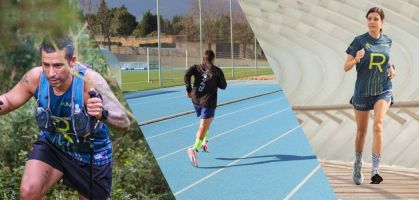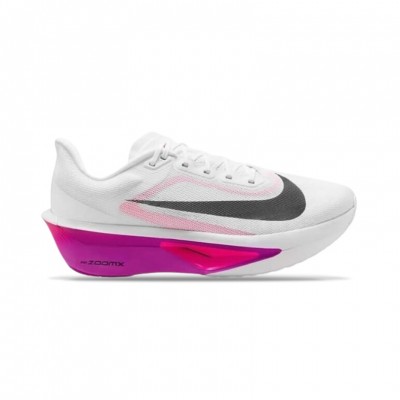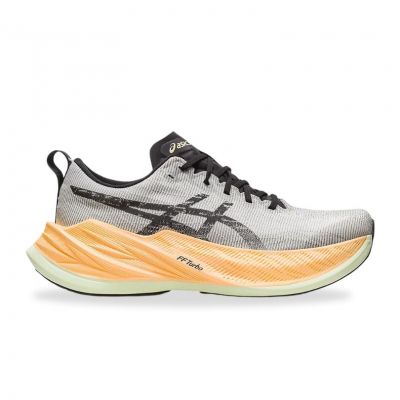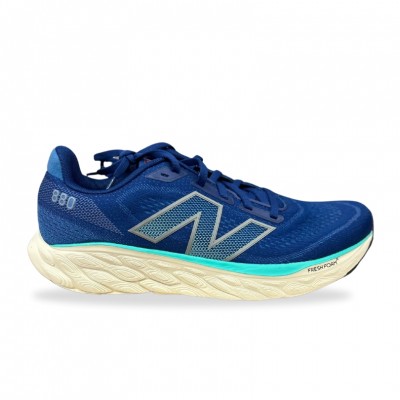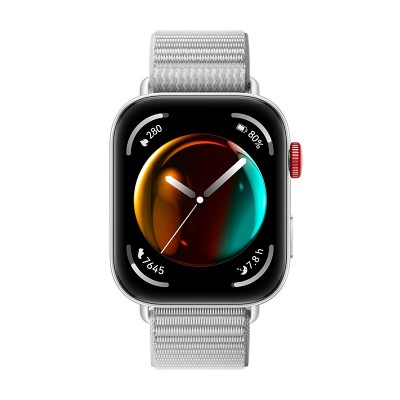For many, the season is about to begin and you start to prepare and buy the material; those fantastic shoes that will make us fly or that give us the maximum cushioning, that thermal shirt to be warm in winter, the heart rate monitor.... We have spent a lot of time, money and illusion to the material that we are going to use. Of course; it will help us to improve and achieve our goal.

Mental equipment
And as far as our "mental stuff" is concerned, what have we prepared, what are we going to do to make sure we are going to perform at our best in the events we enter? Have we stopped to think about the obstacles, the time and the sacrifices we have to make during the season ahead, in all the months of training we have ahead of us?
I know, I know that many think that the "mental stuff" is not necessary. That what matters is to sweat and run. Of course it is. But what you may not know is that you can give more, much more.
And that's why today I'm going to talk about the importance of "mental material" for elite athletes, Olympic athletes.
The example of professional athletes
Olympic athletes represent the elite of sport. An Olympic medal is the highest aspiration for an athlete. They have the best equipment, the best trainers, work with perfectly planned objectives and know very well the limits of their body and how far they can go and what they can achieve. Is that enough? No. For this, the mental material is essential because years of training are at stake in a test, a few minutes of competition and they have to give their best. Let's look at some cases.

Carolina Martín, badminton
Carolina Marín: gold medal in badminton. She reached the final being number one in the world ranking. She played the final against India's Pusarla, ranked number ten. The first set was won by the Indian, 19-21. She had achieved what no one else had; she had managed to decentralize the world champion.
Carolina Marin stopped playing as she usually does and mistakes followed one after another. She lost her mental balance and confidence in her game. Until during a break her coach told her: remember what we came here for; remember what we know how to do; focus. She focused, went back to playing the way she knows how. She won the next two sets and won the gold medal.
Her coach, Juan Carlos Alvarez, says it clearly: An athlete can be at the highest technical, physical and tactical level, but that does not guarantee maximum performance. If the day of the competition you wake up tired, or with some personal problem hanging over your head or some physical discomfort, even if it is small... those small details become very important. The chemical fields that are generated in the brain by these thoughts are transferred to the body generating stress, muscle stiffness and in extreme cases, blockage.
Miguel Ángel López, 20KM walk
I'm sure that what I have just said seems exaggerated to more than one person. Of course, since he is your coach, he will have something to say. Well, let's review what happened in the 20 km race walk, to Miguel Angel Lopez.
Miguel Angel Lopez: a priori one of the "safe" medals of the Spanish Olympic team. He arrived at the Olympic event at full strength, after having been European and World champion. He finished eleventh.
The interview he was given after the event is relevant:
Was it too hot?
- No, there was a light wind.
The injury you had?
- No, in the tests we did I was on the verge.
Too much humidity, too much cold?
- No.....
Then why didn't you get a medal?
- Because I didn't; the body doesn't pull and that's it?
An athlete who is in his best moment, who comes from winning the European and World Championships, fails in the Olympics. The same walker who says that physically he was perfect. His mental strength, his concentration... were not with him.
Joel González, taekwondo
Bronze medal. In the semifinal bout he limped up to the tatami, with a bruised knee. He had prepared thoroughly for the fights he expected to have with the Mexican Gutierrez and the Korean Lee on his way to the medal. He didn't get to fight any of them.....
Physically he was not at his best and the tactics rehearsed in training did not work for him as he did not match up with the planned opponents. And despite all this, he won the bronze medal. You have to have incredible mental strength to achieve this.
These three cases are very representative of the influence of balance and mental strength in sport. And their willpower allowed them to perform at their best, even beyond what their bodies allowed them to do.
Working on mental toughness
I have personally told many clients during sessions; working on mental toughness will not get you out of training hard, doing your sets, long runs, hills, taking care of your diet, resting, etc.... But it can help you to make sure that all the hard work you put into training throughout the year is reflected on race day. That you give the maximum of what you are capable of. Because it would be a shame if all the work of so many months was wasted or if you gave less than you could.
And now comes the question, how do I get that willpower to perform at my best in a competition? How do I control my nerves the day I have a test? In the next article we will talk about tricks to give the maximum the day of the test.
Aitor Loizaga. Coach. - www.coachingsinlimites.es - @aloizagacoach
Read more news about: Running Training



